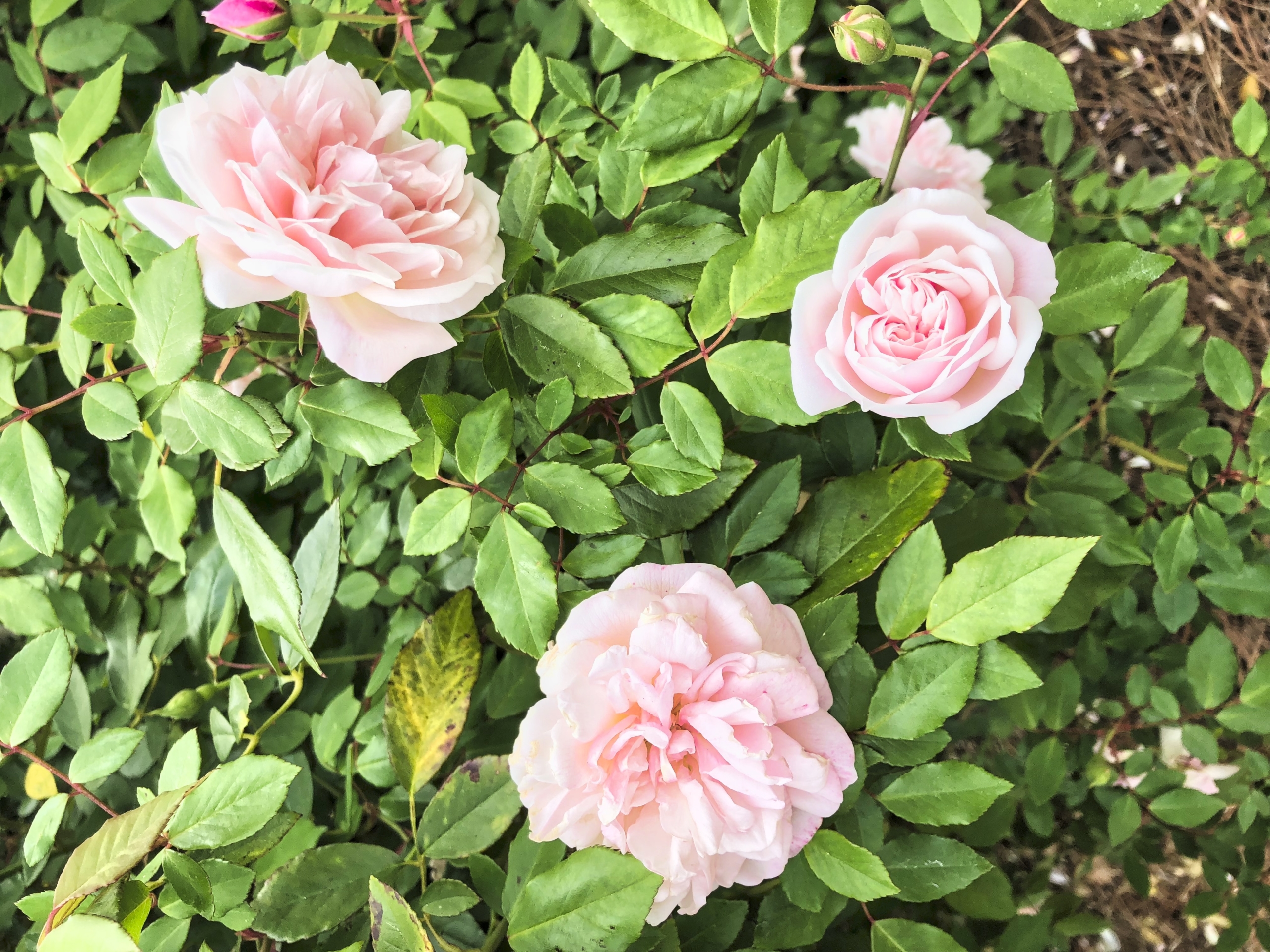I needed words to give voice to this thing called love.
I wanted the storybook version—the 1960s TV rendition of a family and a dad.
I didn’t get that, but I still learned love.
The shade from the boxy white station wagon shielded us from the blazing sun. With the side door half open, I gazed at the turquoise interior—a sea, only in my imagination.
I sat beside my dad with the greasy tools and passed the wrenches and cotter pins like he performed surgery on the car’s ailing brakes. We affectionately named the aging station wagon, bought used, or pre-owned as we would say now, Methuselah.
You would hardly expect a 15-year-old teenage girl to yearn to pass tools on a hot summer day. But I had learned that the only way to build a relationship was to meet this man, my dad, where he was. And his world was saving money by working on cars, building onto our modest home to accomodate a growing family, and mowing the grass on his two days off from driving a city bus.
What was I expecting? I wanted a conversation. I had a longing to know this person, my father, and wanted to see if he loved me.
I now know that it wasn’t that he didn’t love me. He just never had the words. I never knew his dad, my grandfather, who died before I was born. But I don’t think he had the words either. If you never hear, “I love you,” will you learn to say the words yourself?
I remember clearly the time and where I stood in the kitchen as I spoke to my dad on the phone. After 56 years of being his daughter, I heard the words. “I love you.”
Tears rolled down my cheeks as I hung up the phone.
I needed a better definition of love.
Rabbi David Wolpe reminded me of the song, “Do You Love Me?, in Fiddler on the Roof. Golde becomes exasperated with Tevye’s as he keeps asking, “but do you love me?” Her response gave me my first glimpse of understanding the love I learned as a child.
For twenty-five years, I’ve washed your clothes
Cooked your meals, cleaned the house
Given you children, milked your cow
She asks then, “If that’s not love, what is?”
I do believe my dad, and my mother did the best they knew how. My dad loved me. He didn’t have the words. He worked; he grew vegetables in the garden; on his days off, he cooked dinner and had it ready as my mother came home from work. Like Golde, he did the doing of love as best he could.
But still, he never had the words.
It’s funny how memories flow in and out of your days. Sometimes they remain elusive, and then “wham,” they come rushing in whether you invited them or not. But these memories convinced me that, too often, we say the words of love but skip the doing. Other times, we give the doing of love but never have the words.
If I considered the dictionary definition of love, I would only think of it as an emotion, a feeling I did or didn’t have. Instead, I found three that I’m going to spend time rolling over in my head. I’ve passed this way before. Some ideas need to ferment as you go about the business of life.
It would be much easier if we had a shared understanding and definition of love. I found three that share a common theme. They help me reconcile what I see in the world, in my past, and how I chose to learn the art of loving.
We would have a healthier conception of love if we understood that love, like parenting or friendship, is a feeling that expresses itself in action. What we really feel is reflected in what we do. The poet’s song is dazzling and the passion powerful, but the deepest beauty of love is how it changes lives. —Rabbi David Wolpe
I found three definitions with variations on a theme.
The three definitions I found were not each unique or different. They reflect a theme that we may often imply, but that seldom serves as the focus.
The word love: is most often defined as a noun, yet all the more astute theorists of love acknowledge that we would all love better if we used it as a verb. —bell hooks
No. 1: Cultivating love
Brené Brown (The Gifts of Imperfection) wrote the following definition based on her research data. I bolded keywords.
We cultivate love when we allow our most vulnerable and powerful selves to be deeply seen and known, and when we honor the spiritual connection that grows from that offering with trust, respect, kindness, and affection.
Love is not something we give or get; it is something we nurture and grow, a connection that can only be cultivated between two people when it exists within each one of them—we can only love others as much as we love ourselves.
Shame, blame, disrespect, betrayal, and the withholding of affection damage the roots from which love grows. Love can only survive these injuries if they are acknowledged, healed, and rare.
It’s not the lack of professing that gets us in trouble in our relationships; it’s failing to practice love that leads to hurt.
I had read this passage numerous times, but today, the verbs Dr. Brown used in that definition became flashing neon lights. We cultivate, become seen and known, and honor. We nurture, grow, and most of all, we practice.
No. 2: Deciding to love.
Erich Fromm adds another variation on this theme in The Art of Loving.
Love is a decision, it is a judgment, it is a promise. If love were only a feeling, there would be no basis for the promise to love each other forever. A feeling comes and it may go. How can I judge that it will stay forever, when my act does not involve judgment and decision.
Another verb—decide. I make a choice every day on if or how I practice love.
No. 3 Choosing to love.
While M. Scott Peck received criticism for the reference to spirituality in his definition (Road Less Traveled), bell hooks believes it best reflects the word’s essence.
The will to extend one’s self for the purpose of nurturing one’s own or another’s spiritual growth. Love is as love does. Love is an act of will—namely both an intention and an action. Will also implies choice. We do not have to love. We choose to love.
When I practice with the intent to bring out the best in you and myself. As bell hooks explains, “when we are loving we openly and honestly express care, affection, responsibility, respect, commitment, and trust.”
One final thought
This perspective of love teaches me that I must practice, cultivate, decide, and nurture the art of loving—not just occasionally, but every day.
To begin by always thinking of love as an action rather than a feeling is one way in which anyone using the word in this manner automatically assumes accountability and responsibility. —bell hooks
And always—
Be kind. Be brave. Be you.
Photo: Kathryn LeRoy



Leave A Comment